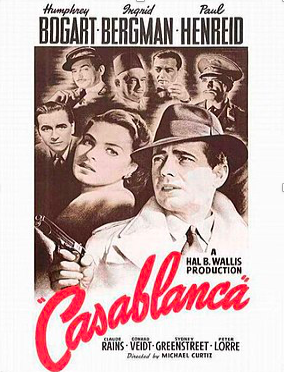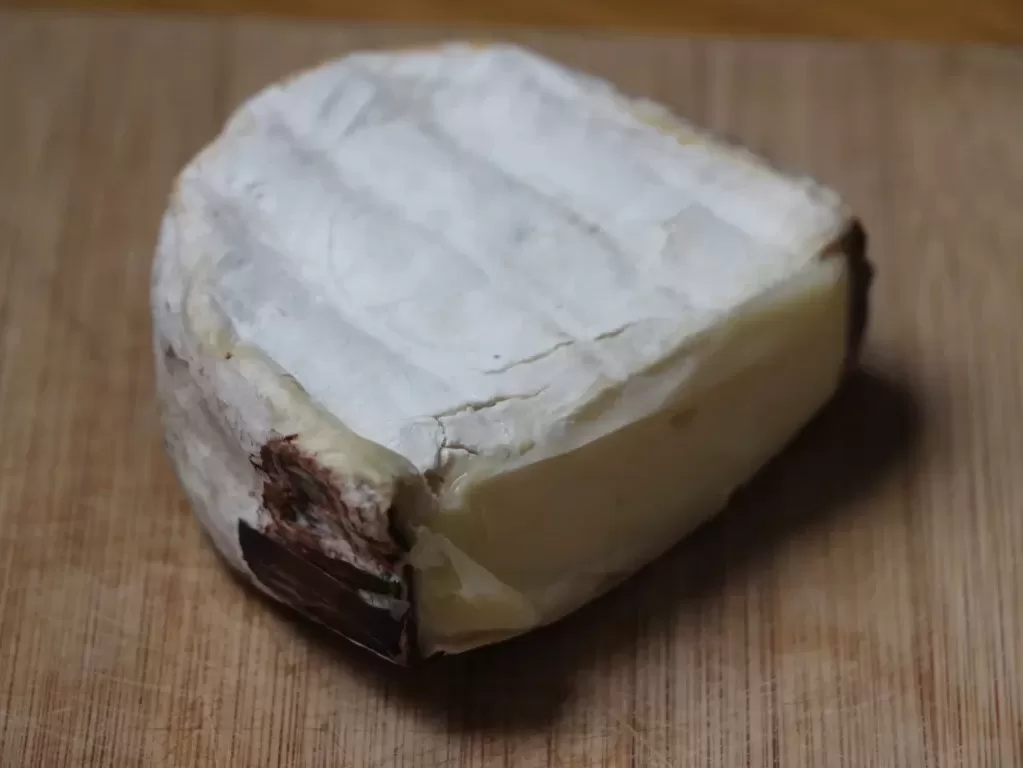The French kiss!
APRIL 2020 – Commentary from Contributor Ray Johnstone
MORNING WILL COME
Dawn always breaks no matter how long and dark the night. The underlying subject of this article is, of course, France. However, only an extreme egotist would believe that a short essay could make even a tiny dent in this immense and complicated subject. But for those who know La Belle France, for those who intend to get to know it, or for those who will remain francophiles from afar, reading about l’Hexagone may provide readers with a moment or two of interesting diversion. A few crumbs of food for thought perhaps. It might even prove helpful when happier times are restored.
Please don’t hesitate to get in touch with the author if you have any queries.
XX Ray
The French kiss!
President Macron recently issued strict instructions on Kissing in France. As the coronavirus spreads across Europe, the French government has ordered its citizens to stop kissing each other.

Can a kiss ever be ‘just a kiss’?
Some of you will be old enough to remember seeing the 1942 movie, “Casablanca,” (long after it was released, of course). Set in Vichy controlled Morocco during World War Two, it starred Ingrid Bergman and Humphrey Bogart. The theme tune, “As Time Goes By,” starts, “You must remember this, A kiss is just a kiss…” But that’s completely wrong. A kiss is never just a kiss. Not in France, anyway.
At the beginning of the twentieth century, the French were seen as far more adventurous and passionate than Anglo Saxons. In France, a French kiss is referred to as “un baiser avec la langue.,” or “se galocher,” which is slang for kissing with tongues. Allied soldiers returning from France in World War One are thought to have introduced French kissing to the English speaking world. They startled their wives and girlfriends by mimicking the more overtly amorous way they’d seen Frenchmen kiss their women. Robert Doisneau famous photo captures the world’s idea of how openly and passionately French lovers kiss.

French kissing
Until
recently in France, it was difficult not to notice that even the men kiss each other. Anglo Saxon children are often gobsmacked when they first see this.
But it’s universal, and it extends outside the nuclear family. So it’s quite
common and natural to see teenage boys—and men of all ages—kissing when they
meet and say goodbye. But the rule is, only once per day.
Probably
because the Royal Family do it so often these days on the telly, English expats
love social kissing when they move to France. They’ve hardly got the keys to
their front door of their new French home when they’re kissing all and sundry.
And this from a nation of shopkeepers, as Napoleon called them, who hardly nod
to neighbours they’ve lived next door to for twenty years or more in the UK.
La bise – the rules
The
rules and conventions covering kissing in France can be socially quite
complicated with beaucoup
de pièges. Who to kiss? Who not
to? And how many times? Beware, some perplexing traps lie ahead of you. But
never fear, help is at hand. Not only is there a ”number of kisses” map of France, but
heaps of internet sites do their best to sort out the problem for foreigners.
When
we first came to France, I adopted the Australian attitude: I’d said “g’day” to everyone
downunder, so I kissed everyone I met in L’Hexagone.
But it’s not quite that easy.
From a very young age, French children are taught to faire la bise and the rules are to kiss almost everyone. This rule is carried through to adulthood. So here’s how it’s done in most of France. (Or how it was done before COVID-19) You make eye contact, lean forward, touch the person’s cheek with yours and make a kissing sound—but without touching his or her face with your lips. Depending on where you are, two kisses are usually the norm, so now do it again on the other cheek. Don’t worry about which one to start with, or the number because the French will take the lead and it doesn’t matter anyway. (If you’re pedantic about the rules, you can have a look at this “which cheek?” kissing map.).
Who you kiss is determined by your relationship, and commonsense applies.
But it can become very complicated in a bar, for example. Not only do you have to kiss EVERYONE in the group that you’re joining, but you also have to kiss EVERYONE goodbye when you go. And while you’re there, you kiss EVERYONE who joins or quits your party. Which doesn’t leave you much time to enjoy your glass of wine or practice using the word, “baiser”.
The most dangerous thing about kissing in France is using and pronouncing the word
correctly, because baise is also a slang word
for intercourse. While un baiser does mean “a kiss”, baiser used as a verb could raise a few
eyebrows. Or not, depending on the context.
But my word count’s up so let’s just end this article where we started: at the movies, but with a German kiss. Because the history of kissing in films makes fascinating reading. A great example is what Tony Curtis thought about his worst ever on-screen kiss. “Kissing Marilyn Monroe,” he said, “was like kissing Hitler.”

P.S. The medical experts tell us that the COVID-19 pandemic should peak towards May/June, and see a downturn in July/August. One wonders if the current anti-kissing advice will leave a negative mark on social greeting conventions in France. Let’s hope not.
Blowing a kiss is not quite the same, is it?
Vive la bise. Bisous, Ray. XXX.
Are you relieved or confused to not be kissing in France at the moment?
Image Credits
1. Robert Doisneau poster
2. Bogart and Bergman
3. Curtis and Monroe
4. Hand kissing
5. Blowing a kiss








